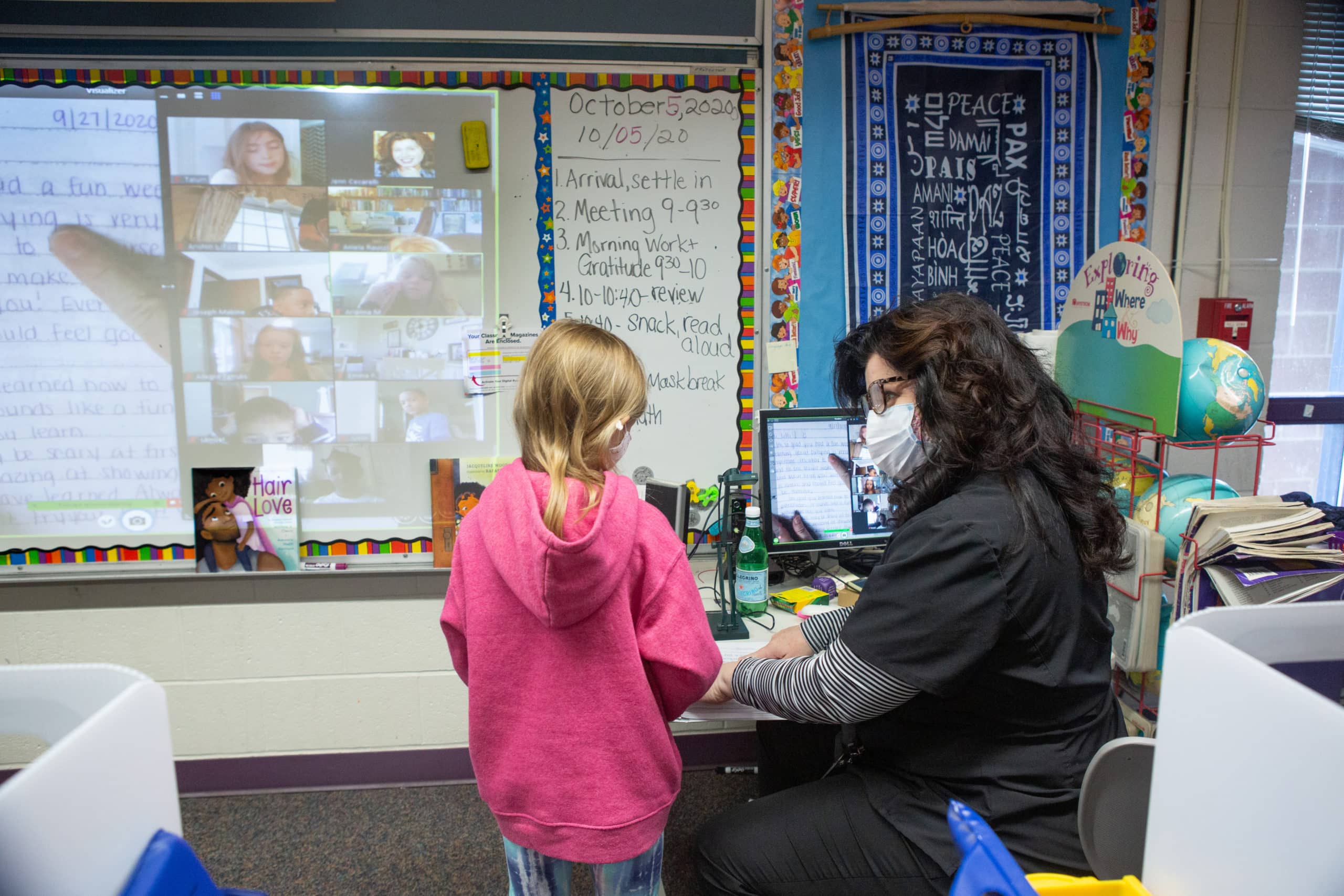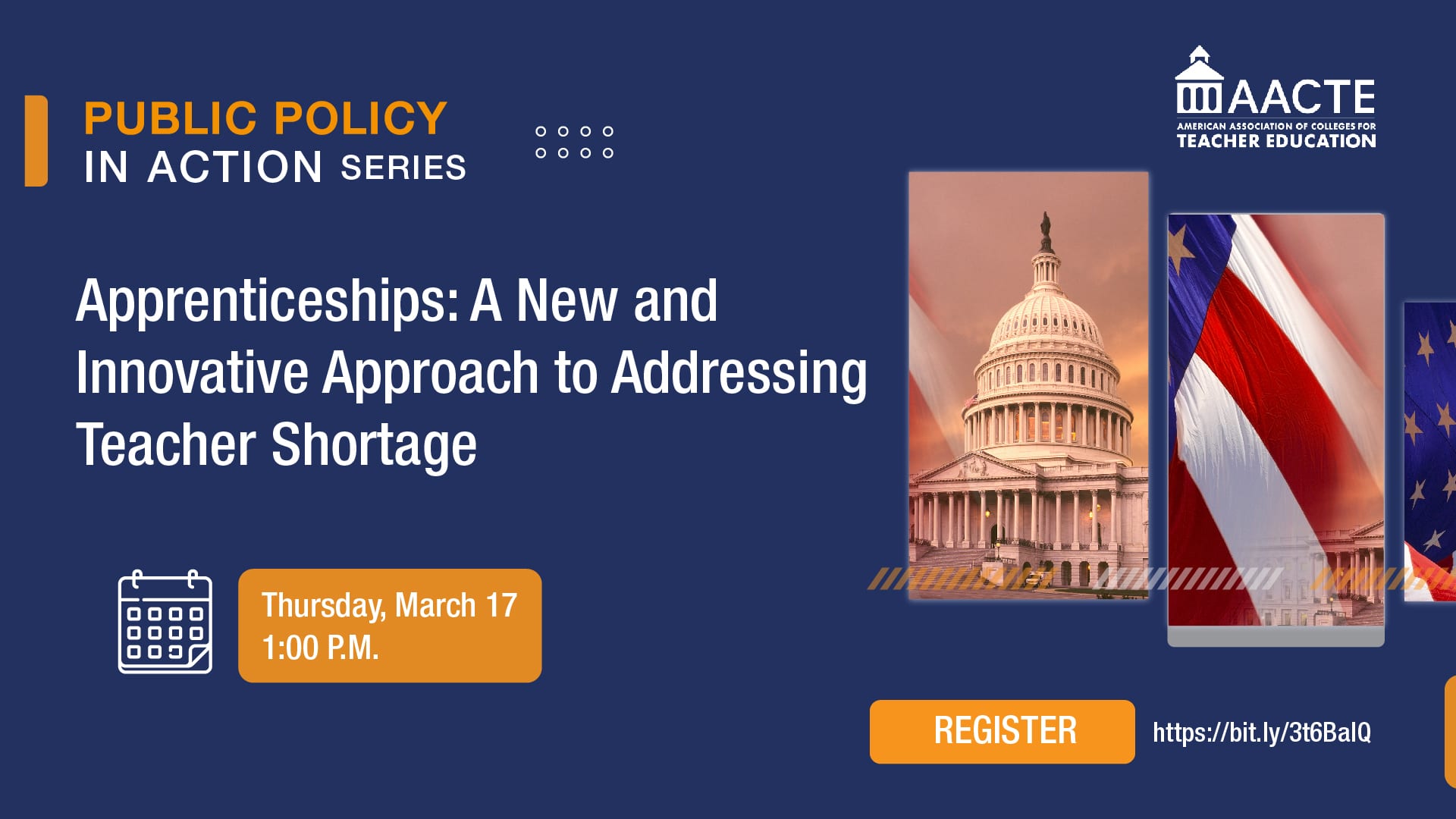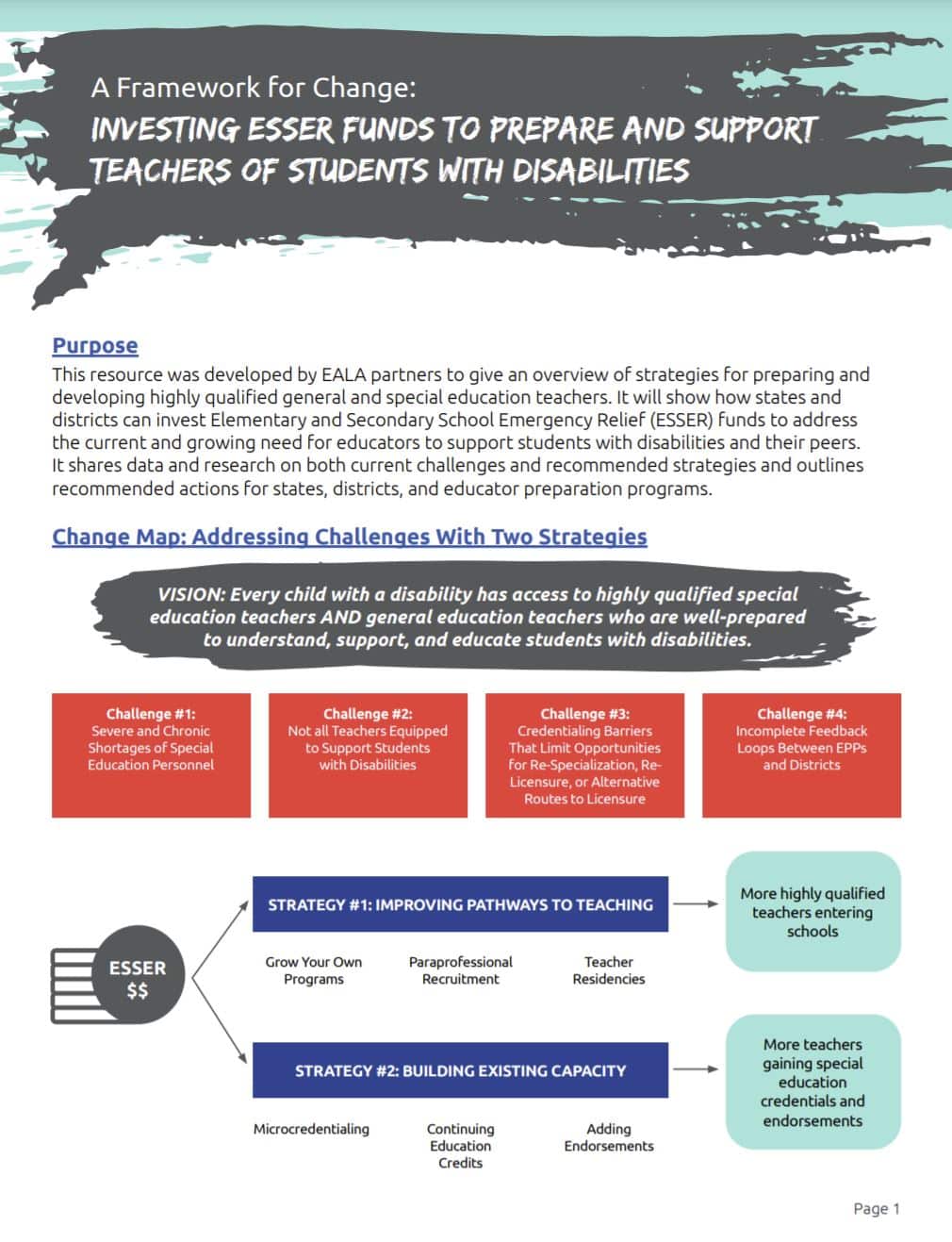21 Mar2022
By Michael Rose
 The House of Representatives and Senate both recently passed resolutions condemning threats of violence against historically Black colleges and universities (HBCUs).
The House of Representatives and Senate both recently passed resolutions condemning threats of violence against historically Black colleges and universities (HBCUs).
Over the past several months, numerous bomb threats have been called in to HBCUs causing the colleges to cancel classes; disrupting campus environments; and increasing anxiety of students, faculty, and staff. At least 18 HBCUs received bomb threats on February 1, 2022, the first day of Black History Month. Unfortunately, to date no one individual or group has been found responsible for these reprehensible acts.
As the resolutions (H.Con.Res. 70/S.Res.534) note, HBCUs were established in response to discriminatory practices that excluded Black Americans from pursuing an education in the United States and they educate and produce a significant share of the nation’s Black leaders and innovators.
18 Mar2022
By Kaitlyn Brennan

This weekly Washington Update is intended to keep members informed on Capitol Hill activities impacting the educator preparation community. The views expressed in this post do not necessarily reflect the views of AACTE.
We are now hearing that the President’s budget request for fiscal year (FY) 2023 will likely be sent to Congress the last week of March or first week of April. The release of the budget signals the official “kick-off” for the FY 2023 appropriations cycle. Advocates will continue to work diligently to secure meaningful investments to support rebuilding and diversifying the special educator and specialized instructional support personnel.
Top Democratic Leaders Urge Biden Administration to Extend Student Loan Repayment Pause
Top Democratic leaders, including Senator Patty Murray (D-WA) who chairs the Senate education committee, are urging the Biden Administration to extend the moratorium on federal student loan repayments until at least the start of 2023. In a statement, Senator Murray noted the importance of fixing the “broken student loan system” and that borrowers are “struggling with rising costs, struggling to get their feet back under them after public health and economic crises, and struggling with a broken student loan system — and all this is felt especially hard by borrowers of color.”
15 Mar2022
By Kaitlyn Brennan
 This weekly Washington Update is intended to keep members informed on Capitol Hill activities impacting the educator preparation community. The views expressed in this post do not necessarily reflect the views of AACTE.
This weekly Washington Update is intended to keep members informed on Capitol Hill activities impacting the educator preparation community. The views expressed in this post do not necessarily reflect the views of AACTE.
On the eve of the one-year anniversary of the passage of the American Rescue Plan Act, Congress passed a Fiscal Year (FY) 2022 Omnibus Spending Bill. The FY22 bill includes increases for education, but not nearly at the level that was originally requested by the Biden Administration. Considerable work lies ahead to secure a robust federal investment to support rebuilding and diversifying the special educator and specialized instructional personnel pipeline.
11 Mar2022
By Michael Rose
 Congressional leaders announced this week that they have come to an agreement on the annual spending bills that will fund the government for the remainder of the fiscal year. The government has been operating under a continuing resolution since October (a continuing resolution funds the government at the previous year’s levels). This agreement will allow Congress to begin work on the fiscal year 2023 spending bills, which should be signed into law by September 30.
Congressional leaders announced this week that they have come to an agreement on the annual spending bills that will fund the government for the remainder of the fiscal year. The government has been operating under a continuing resolution since October (a continuing resolution funds the government at the previous year’s levels). This agreement will allow Congress to begin work on the fiscal year 2023 spending bills, which should be signed into law by September 30.
The House and Senate are expected to pass the legislation in the coming days and President Biden is expected to sign it into law.
08 Mar2022
By Kaitlyn Brennan

Photo by Allison Shelley for EDUimages
This weekly Washington Update is intended to keep members informed on Capitol Hill activities impacting the educator preparation community. The views expressed in this post do not necessarily reflect the views of AACTE.
So much around the world has changed since our last Washington Update. While Congress was on recess all eyes were on the Russian invasion of the Ukraine. We suspect Congress will respond to the President’s request and put forth a supplemental funding package that includes critical assistance for the Ukraine and additional support for addressing future variants of COVID-9. We also anticipate an FY 2022 omnibus appropriations package that has a significant increase for both defense and non-defense programs, including education, will pass sometime next week.
07 Mar2022
By Lynn M. Gangone and Ronn Nozoe
This article originally appeared in District Administration and is reprinted with permission.
 Our nation’s most significant innovations stem from education. From the founding of our nation to the moon landing in 1969, from the introduction of personal computers in 1971 to the advent of the internet in 1983, such accomplishments would not have occurred without education and an educated populace. Without educators we will not continue to innovate, create, and lead the world. We have ignored the dwindling number of people entering the field of education for decades. As we continue to navigate the COVID-19 pandemic, the number of teachers exiting classrooms only continues to increase.
Our nation’s most significant innovations stem from education. From the founding of our nation to the moon landing in 1969, from the introduction of personal computers in 1971 to the advent of the internet in 1983, such accomplishments would not have occurred without education and an educated populace. Without educators we will not continue to innovate, create, and lead the world. We have ignored the dwindling number of people entering the field of education for decades. As we continue to navigate the COVID-19 pandemic, the number of teachers exiting classrooms only continues to increase.
07 Mar2022
By Michael Rose
 AACTE is excited to announce that it is offering its members monthly public policy webinars to learn about critical policy updates impacting education preparation. The inaugural AACTE Public Policy in Action webinar will take place March 17 at 1:00 p.m. (EST). We hope that attendees will also share policy developments in from their states during the member-only briefings.
AACTE is excited to announce that it is offering its members monthly public policy webinars to learn about critical policy updates impacting education preparation. The inaugural AACTE Public Policy in Action webinar will take place March 17 at 1:00 p.m. (EST). We hope that attendees will also share policy developments in from their states during the member-only briefings.
During the March discussion, attendees will learn about a new and innovative way to address the nation’s teacher shortage by utilizing the Department of Labor’s apprenticeship program. The U.S. Department of Labor recently approved Tennessee Department of Education’s application to include teacher residencies as a qualified apprenticeship program, opening the door to additional federal funds to help address the state’s teacher shortage. The program will provide candidates with high-quality, in-classroom experiences while learning from a mentor teacher as part of their clinical experience (known as student teaching in some states) and will increase the quantity and diversity of teachers in Tennessee’s classrooms; other states are expected to pursue this option to address teacher shortages in their classrooms.
22 Feb2022
By Kaitlyn Brennan
 As we head into Congressional recess, behind the scenes things are heating up surrounding the passage of an FY22 appropriations bill which includes historic increases for education funding. The Senate passed a stop-gap funding measure on Thursday that, once signed by the President will give Members and their staff another three weeks to cement a deal on FY22. The proposed increases to education funding are critical in supporting rebuilding and diversifying the educator pipeline-now is the time to make sure your voices are heard.
As we head into Congressional recess, behind the scenes things are heating up surrounding the passage of an FY22 appropriations bill which includes historic increases for education funding. The Senate passed a stop-gap funding measure on Thursday that, once signed by the President will give Members and their staff another three weeks to cement a deal on FY22. The proposed increases to education funding are critical in supporting rebuilding and diversifying the educator pipeline-now is the time to make sure your voices are heard.
17 Feb2022
By Ward Cummings
 AACTE worked with Sen. Jack Reed (D-RI) and Rep. Alma Adams (D-NC) to craft the EDUCATORS for America Act, a bill to update Title II of the Higher Education Act. The bill will help state and local communities address educator pipeline challenges by channeling national resources to states and localities so local leaders can build a diverse, profession-ready army of teachers, principals, librarians, counselors, and specialized instructors. Nearly 50 national organizations have endorsed the EDUCATORS for America Act.
AACTE worked with Sen. Jack Reed (D-RI) and Rep. Alma Adams (D-NC) to craft the EDUCATORS for America Act, a bill to update Title II of the Higher Education Act. The bill will help state and local communities address educator pipeline challenges by channeling national resources to states and localities so local leaders can build a diverse, profession-ready army of teachers, principals, librarians, counselors, and specialized instructors. Nearly 50 national organizations have endorsed the EDUCATORS for America Act.
Having played a leadership role in drafting the bill, AACTE looks forward to its passage. AACTE encourage you to join in advocating for the bill. The investments called for in the measure are long overdue and AACTE needs your help to ensure that students are taught by well-prepared, diverse educators. Please follow this link, to fill out an advocacy form to send emails to your members of Congress urging the passage of the EDUCATORS for America Act.
14 Feb2022
Urge Your Members of Congress to Maintain the Historic Education Funding Levels
By Kaitlyn Brennan
 Congress is one step closer to passing an FY22 appropriations bill which includes historic increases for education funding. Now is the time to urge your Members of Congress to maintain the proposed levels in the House passed education funding bill in the final appropriations package. Voices from the field are imperative to garnering the momentum to get this historic legislation across the finish line.
Congress is one step closer to passing an FY22 appropriations bill which includes historic increases for education funding. Now is the time to urge your Members of Congress to maintain the proposed levels in the House passed education funding bill in the final appropriations package. Voices from the field are imperative to garnering the momentum to get this historic legislation across the finish line.
The House Passes a Short-Term Spending Patch and Congressional Leadership Reaches Agreement on Funding Levels
This week Congress made significant strides towards passing an FY22 appropriations bill that will fund the government through the fall. On Tuesday evening the House voted 272-162 to pass a stopgap funding stopgap funding bill that will keep the government running when the Continuing Resolution (CR) expires on February 18. The Senate is expected to take up the measure that will keep the government funded through March 11 in the coming week.
07 Feb2022
By Kaitlyn Brennan
 This weekly Washington Update is intended to keep members informed on Capitol Hill activities impacting the educator preparation community. The views expressed in this post do not necessarily reflect the views of AACTE.
This weekly Washington Update is intended to keep members informed on Capitol Hill activities impacting the educator preparation community. The views expressed in this post do not necessarily reflect the views of AACTE.
While it feels like there has been sand in the gears surrounding movement on FY22 appropriations and the Build Back Better Act- Congress may be on a path to more forward movement in the coming weeks. We expect there could be movement in the House next week to address the Continuing Resolution (CR) which expires on February 18th. Now is the time for advocates to be at the table expressing the critical need for the proposed historic investments in education funding.
03 Feb2022
By AACTE
In commemoration of her retirement, AACTE sat down with Jane West, Ph.D., former AACTE senior vice president and current senior consultant, for a candid interview about her life, career, and the change she has inspired within education and educator preparation.
 Jane West’s career illustrates her passion for education and her pursuit to ensure equitable access for all students. This commitment may be written into the very fabric of her DNA, as she was inspired early in her childhood through her mother’s example. An incredible advocate in her own right, her mother was the youngest of 10 children from a small town in North Carolina and earned a master’s degree from Columbia University in 1936. Her mother’s principal belief that public education is an essential core aspect of our society had a profound impact on West. This belief sparked the beginning of her efforts in both advocacy and education.
Jane West’s career illustrates her passion for education and her pursuit to ensure equitable access for all students. This commitment may be written into the very fabric of her DNA, as she was inspired early in her childhood through her mother’s example. An incredible advocate in her own right, her mother was the youngest of 10 children from a small town in North Carolina and earned a master’s degree from Columbia University in 1936. Her mother’s principal belief that public education is an essential core aspect of our society had a profound impact on West. This belief sparked the beginning of her efforts in both advocacy and education.
01 Feb2022
By Anna Merod
This article originally appeard in K12 Dive and is reprinted with permission.
Dive Brief:
- Supporting teacher prep programs through regulatory relief is key to addressing the ongoing teacher shortage that is impacting districts nationwide, said Linda Darling-Hammond, president and CEO of the Learning Policy Institute, during EdPrepLab’s Second Annual Virtual Policy Summit
- One potential pending policy solution is the EDUCATORS for America Act, introduced by Sen. Jack Reed, D-R.I., and Rep. Alma Adams, D-N.C., in December to invest $1 billion annually for states to enhance teacher preparation programs and provide grants for strategies to meet K-12 workforce needs, said Lynn Gangone, president and CEO of the American Association of Colleges for Teacher Education.
- Funds from the $122.7 billion awarded to school districts nationwide through the pandemic-relief American Rescue Plan can also be used to fuel innovative, collaborative solutions between higher education and K-12 leaders to fix teacher shortages, according to Roberto Rodriguez, assistant secretary at the U.S. Department of Education’s Office of Planning, Evaluation and Policy Development.
28 Jan2022
By Michael Rose
 AACTE has heard about several educator preparation programs and local school districts partnering together to utilize Elementary and Secondary School Emergency Relief (ESSER) Funds to help address the teacher shortage in their communities. Now, we want to hear from you. Please take a moment to complete this short survey to share how you are using ESSER funds to place teacher candidates in local classrooms to help with the transition back to in-person learning.
AACTE has heard about several educator preparation programs and local school districts partnering together to utilize Elementary and Secondary School Emergency Relief (ESSER) Funds to help address the teacher shortage in their communities. Now, we want to hear from you. Please take a moment to complete this short survey to share how you are using ESSER funds to place teacher candidates in local classrooms to help with the transition back to in-person learning.
28 Jan2022
By Jacqueline Rodriguez
 AACTE joined the Educating All Learners Alliance (EALA) in 2020 as the pandemic gave rise to the growing challenges to teaching students with learning differences online. The Alliance steadfastly supports PK-20 students through resource development, including the newest resource: A Framework for Change: Investing ESSER Funds to Prepare and Support Teachers of Students With Disabilities.
AACTE joined the Educating All Learners Alliance (EALA) in 2020 as the pandemic gave rise to the growing challenges to teaching students with learning differences online. The Alliance steadfastly supports PK-20 students through resource development, including the newest resource: A Framework for Change: Investing ESSER Funds to Prepare and Support Teachers of Students With Disabilities.
This resource was developed by EALA partners to give an overview of strategies for preparing and developing highly qualified general and special education teachers. It will show how states and districts can invest Elementary and Secondary School Emergency Relief (ESSER) funds to address the current and growing need for educators to support students with disabilities and their peers. It shares data and research on both current challenges and recommended strategies and outlines recommended actions for states, districts, and educator preparation programs.
 The House of Representatives and Senate both recently passed resolutions condemning threats of violence against historically Black colleges and universities (HBCUs).
The House of Representatives and Senate both recently passed resolutions condemning threats of violence against historically Black colleges and universities (HBCUs). 







 This weekly Washington Update is intended to keep members informed on Capitol Hill activities impacting the educator preparation community. The views expressed in this post do not necessarily reflect the views of AACTE.
This weekly Washington Update is intended to keep members informed on Capitol Hill activities impacting the educator preparation community. The views expressed in this post do not necessarily reflect the views of AACTE.  Congressional leaders announced this week that they have come to an agreement on the annual spending bills that will fund the government for the remainder of the fiscal year. The government has been operating under a continuing resolution since October (a continuing resolution funds the government at the previous year’s levels). This agreement will allow Congress to begin work on the fiscal year 2023 spending bills, which should be signed into law by September 30.
Congressional leaders announced this week that they have come to an agreement on the annual spending bills that will fund the government for the remainder of the fiscal year. The government has been operating under a continuing resolution since October (a continuing resolution funds the government at the previous year’s levels). This agreement will allow Congress to begin work on the fiscal year 2023 spending bills, which should be signed into law by September 30. 
 Our nation’s most significant innovations stem from education. From the founding of our nation to the moon landing in 1969, from the introduction of personal computers in 1971 to the advent of the internet in 1983, such accomplishments would not have occurred without education and an educated populace. Without educators we will not continue to innovate, create, and lead the world. We have ignored the dwindling number of people entering the field of education for decades. As we continue to navigate the COVID-19 pandemic, the number of teachers exiting classrooms only continues to increase.
Our nation’s most significant innovations stem from education. From the founding of our nation to the moon landing in 1969, from the introduction of personal computers in 1971 to the advent of the internet in 1983, such accomplishments would not have occurred without education and an educated populace. Without educators we will not continue to innovate, create, and lead the world. We have ignored the dwindling number of people entering the field of education for decades. As we continue to navigate the COVID-19 pandemic, the number of teachers exiting classrooms only continues to increase. AACTE is excited to announce that it is offering its members monthly public policy webinars to learn about critical policy updates impacting education preparation. The inaugural AACTE Public Policy in Action webinar will take place March 17 at 1:00 p.m. (EST). We hope that attendees will also share policy developments in from their states during the member-only briefings.
AACTE is excited to announce that it is offering its members monthly public policy webinars to learn about critical policy updates impacting education preparation. The inaugural AACTE Public Policy in Action webinar will take place March 17 at 1:00 p.m. (EST). We hope that attendees will also share policy developments in from their states during the member-only briefings.  As we head into Congressional recess, behind the scenes things are heating up surrounding the passage of an FY22 appropriations bill which includes historic increases for education funding. The Senate passed a stop-gap funding measure on Thursday that, once signed by the President will give Members and their staff another three weeks to cement a deal on FY22. The proposed increases to education funding are critical in supporting rebuilding and diversifying the educator pipeline-now is the time to make sure your voices are heard.
As we head into Congressional recess, behind the scenes things are heating up surrounding the passage of an FY22 appropriations bill which includes historic increases for education funding. The Senate passed a stop-gap funding measure on Thursday that, once signed by the President will give Members and their staff another three weeks to cement a deal on FY22. The proposed increases to education funding are critical in supporting rebuilding and diversifying the educator pipeline-now is the time to make sure your voices are heard.  AACTE worked with Sen. Jack Reed (D-RI) and Rep. Alma Adams (D-NC) to craft the EDUCATORS for America Act, a bill to update Title II of the Higher Education Act. The bill will help state and local communities address educator pipeline challenges by channeling national resources to states and localities so local leaders can build a diverse, profession-ready army of teachers, principals, librarians, counselors, and specialized instructors. Nearly 50 national organizations have endorsed the EDUCATORS for America Act.
AACTE worked with Sen. Jack Reed (D-RI) and Rep. Alma Adams (D-NC) to craft the EDUCATORS for America Act, a bill to update Title II of the Higher Education Act. The bill will help state and local communities address educator pipeline challenges by channeling national resources to states and localities so local leaders can build a diverse, profession-ready army of teachers, principals, librarians, counselors, and specialized instructors. Nearly 50 national organizations have endorsed the EDUCATORS for America Act. Congress is one step closer to passing an FY22 appropriations bill which includes historic increases for education funding. Now is the time to urge your Members of Congress to maintain the proposed levels in the House passed education funding bill in the final appropriations package. Voices from the field are imperative to garnering the momentum to get this historic legislation across the finish line.
Congress is one step closer to passing an FY22 appropriations bill which includes historic increases for education funding. Now is the time to urge your Members of Congress to maintain the proposed levels in the House passed education funding bill in the final appropriations package. Voices from the field are imperative to garnering the momentum to get this historic legislation across the finish line. This weekly Washington Update is intended to keep members informed on Capitol Hill activities impacting the educator preparation community. The views expressed in this post do not necessarily reflect the views of AACTE.
This weekly Washington Update is intended to keep members informed on Capitol Hill activities impacting the educator preparation community. The views expressed in this post do not necessarily reflect the views of AACTE.  Jane West’s career illustrates her passion for education and her pursuit to ensure equitable access for all students. This commitment may be written into the very fabric of her DNA, as she was inspired early in her childhood through her mother’s example. An incredible advocate in her own right, her mother was the youngest of 10 children from a small town in North Carolina and earned a master’s degree from Columbia University in 1936. Her mother’s principal belief that public education is an essential core aspect of our society had a profound impact on West. This belief sparked the beginning of her efforts in both advocacy and education.
Jane West’s career illustrates her passion for education and her pursuit to ensure equitable access for all students. This commitment may be written into the very fabric of her DNA, as she was inspired early in her childhood through her mother’s example. An incredible advocate in her own right, her mother was the youngest of 10 children from a small town in North Carolina and earned a master’s degree from Columbia University in 1936. Her mother’s principal belief that public education is an essential core aspect of our society had a profound impact on West. This belief sparked the beginning of her efforts in both advocacy and education. AACTE has heard about several educator preparation programs and local school districts partnering together to utilize Elementary and Secondary School Emergency Relief (ESSER) Funds to help address the teacher shortage in their communities. Now, we want to hear from you. Please take a moment to complete this
AACTE has heard about several educator preparation programs and local school districts partnering together to utilize Elementary and Secondary School Emergency Relief (ESSER) Funds to help address the teacher shortage in their communities. Now, we want to hear from you. Please take a moment to complete this  AACTE
AACTE